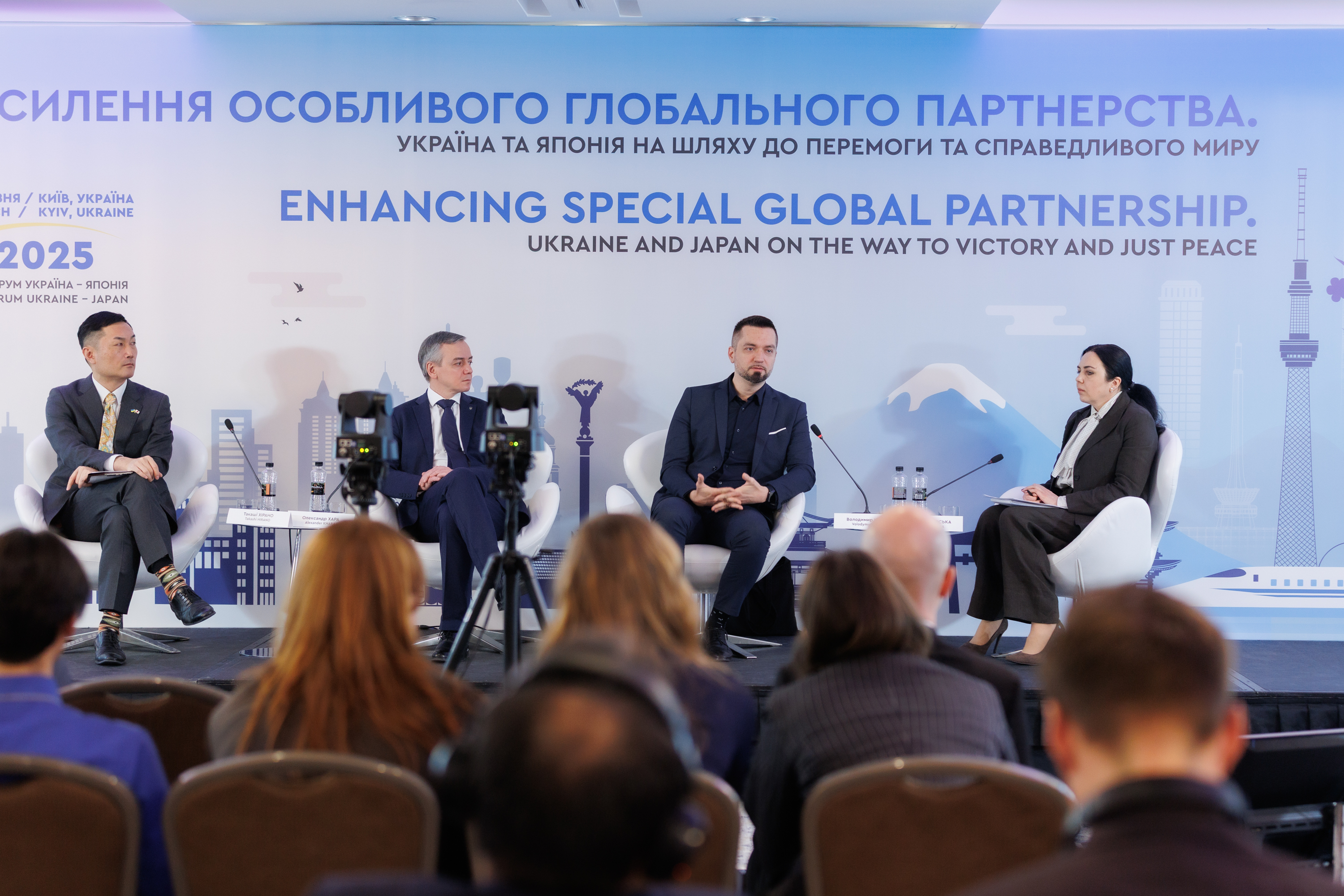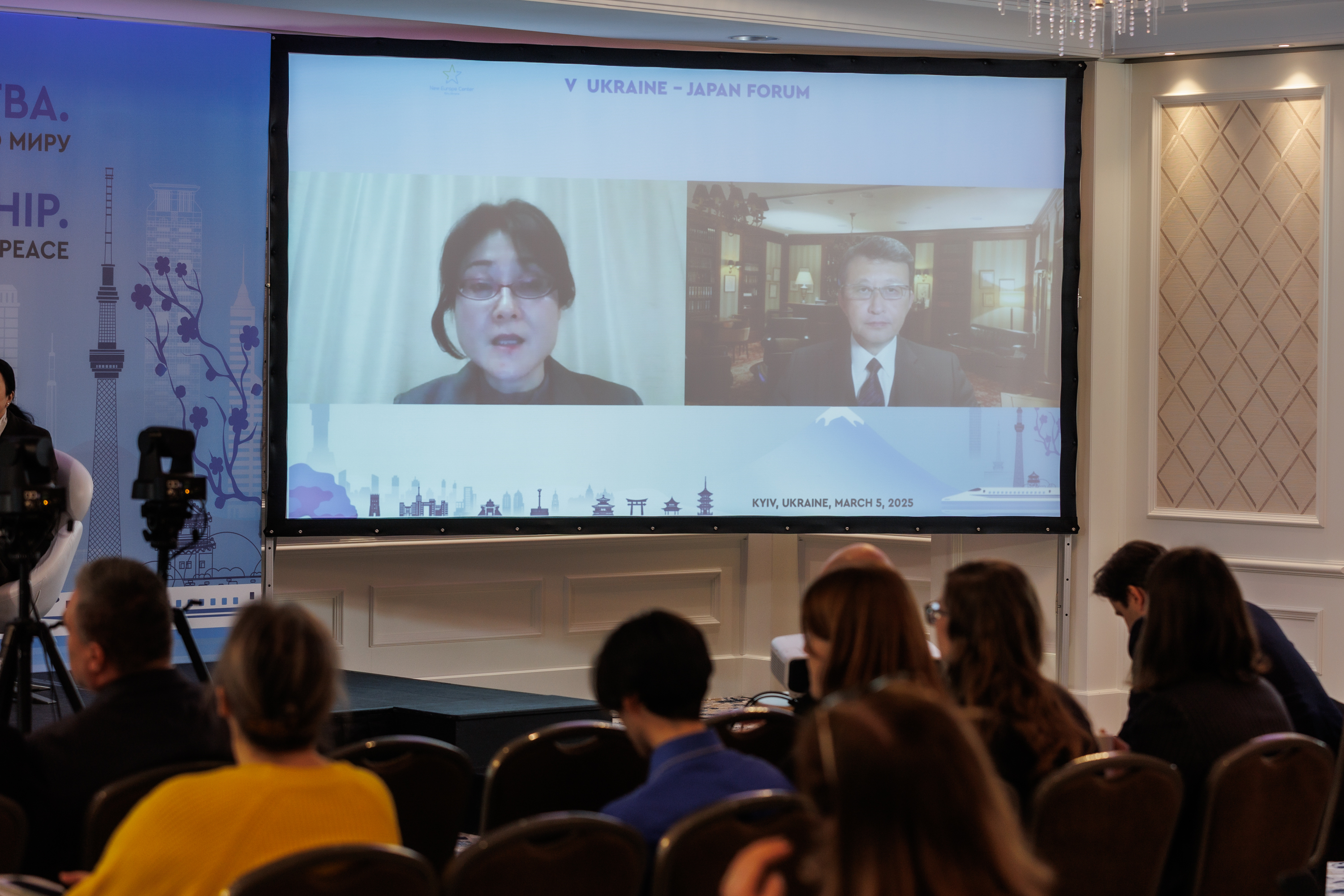Japan as Ukraine’s one stop gateway to G7 and Global South. What mission is more needed?
The speakers of the second discussion panel of the Fifth Ukraine-Japan Forum debated this topic on March 5, 2025.
Experts exchanged views on such issues as:
- Japan’s G7 role in promoting Ukraine’s case;
- Japanese “origin” of Peace summit initiative and how to transform it into Ukraine’s victory initiative;
- Lessons learned for Japan and Ukraine in Tokyo’s attempts to reach out to Global South countries on Ukraine’s behalf.
Below are the key messages of the speakers:
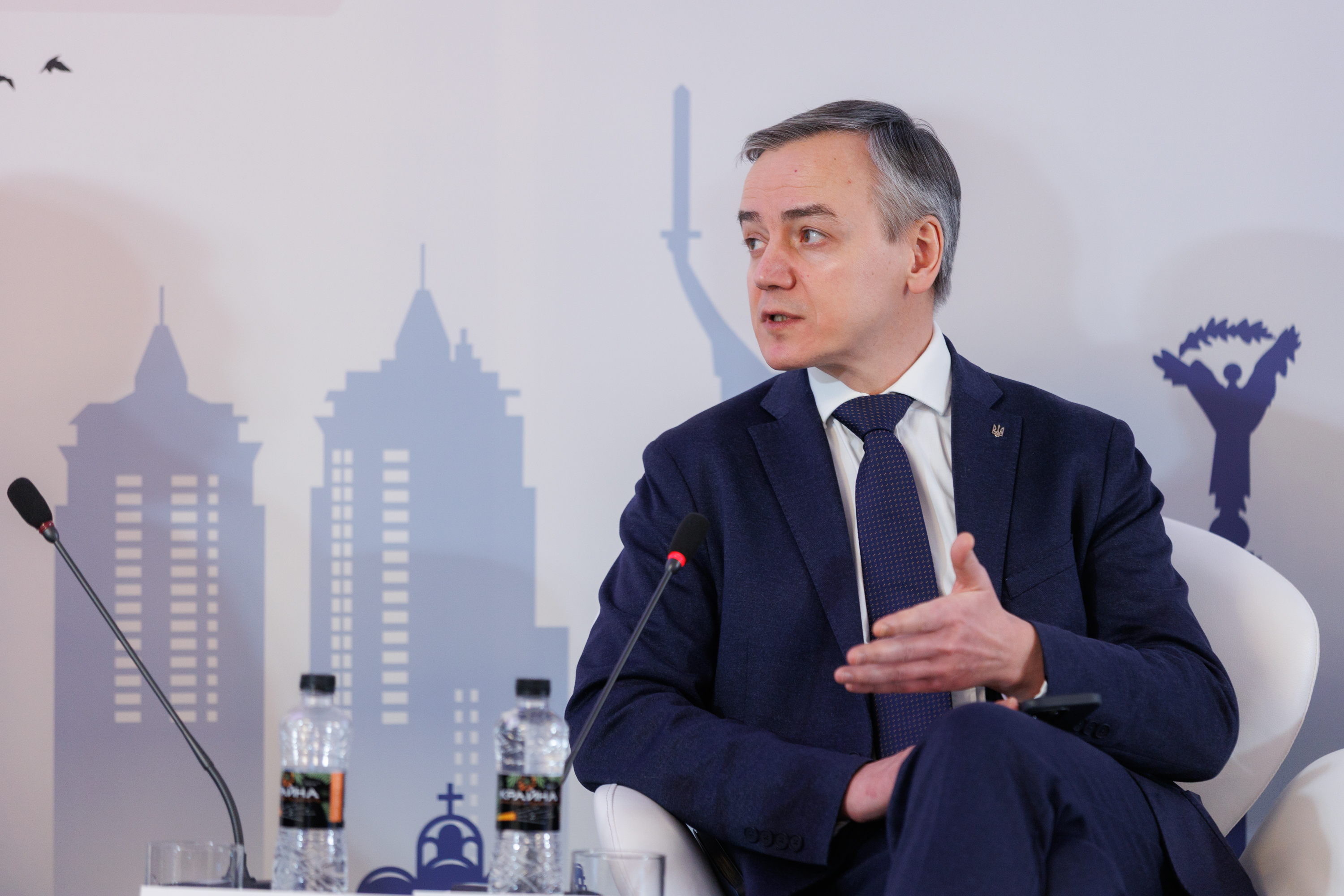
Alexander Khara, Executive Director, Centre of Defence Strategies:
Ukraine is grateful to Japan for its voice in the G7 and mediation with the so-called Global South. The latter is in no hurry to support not only Ukraine, but also to defend the norms and principles of international law. This unwillingness and misunderstanding can lead to global changes. For example, if Russia wins, we can forget about free navigation (because every country will then have to spend money to ensure the safety of navigation). China has already begun to cautiously adopt the practices of the Russian Federation – they recently conducted exercises in Australia’s exclusive economic zone without even warning the International Maritime Organization.
In my view, Japan’s militarization will assist in deterring the Horsemen of the Apocalypse from attacking its own region. Therefore, it will play an even more prominent role.
Ukraine needs a greater presence of Japan here: not only humanitarian aid, but also investments in the Ukrainian economy, especially in the military-industrial complex. It is known that Japan produces many different missile systems and is one of the leaders in the field of artificial intelligence. We would like to see more Japanese investments than investments from Asian countries that are, at least formally, allies of the aggressor country.
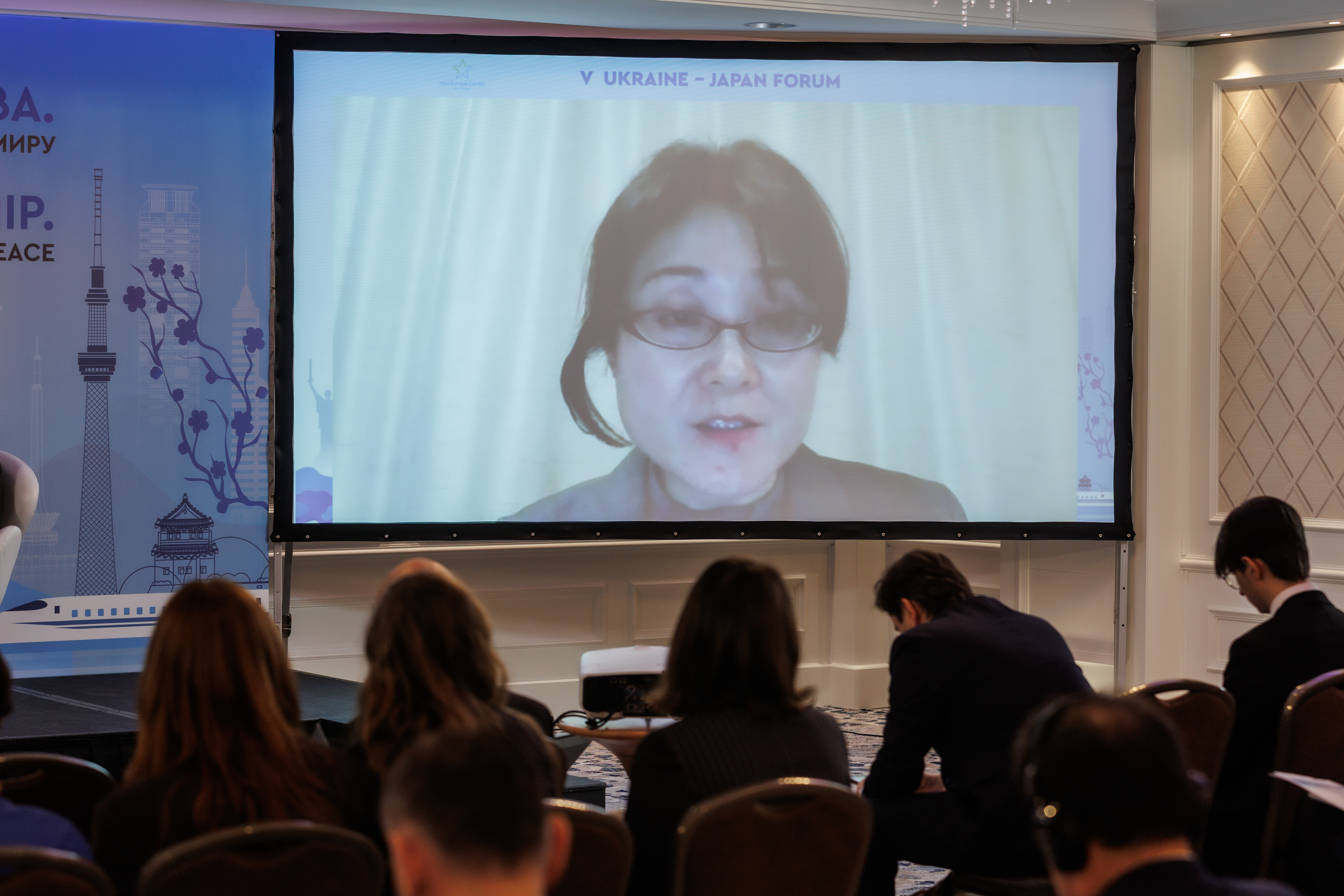
Atsuko Higashino, Associate Professor, University of Tsukuba:
The shock of the Trump-Zelenskyy meeting was widely broadcasted and reported in Japan, and the reaction was somehow varied and mixed. The response from the Japanese society, unfortunately, included accusations of President Zelenskyy in the so-called failure of the meeting. It showed that the argument about the future re-aggression by Russia is not fully understood in Japan.
Japan is at this moment facing a dilemma about whether it should stick to the previous and ongoing principle of the G7 solidarity and the partnership with the EU and NATO, or accept what is called the new reality that we need to collaborate with the Trump administration even though it is very uncertain.
Japan is confused that Trump said he is not taking sides of any part. It contradicts the previous Japanese position and the future Japanese confidence or trust from the international society. We have to take sides to promote international justice and order.
Japan should take the argument in Europe more seriously after Zelenskyy-Trump meeting. Japanese shouldn’t be watching and observing this discussion from outside. Japan should determine to what extent it can contribute to the European argument and thinking about the Japanese burden, contribution to Ukraine and Europe. But so far, we haven’t reached that stage yet. I think our confusion will continue in the coming months also.
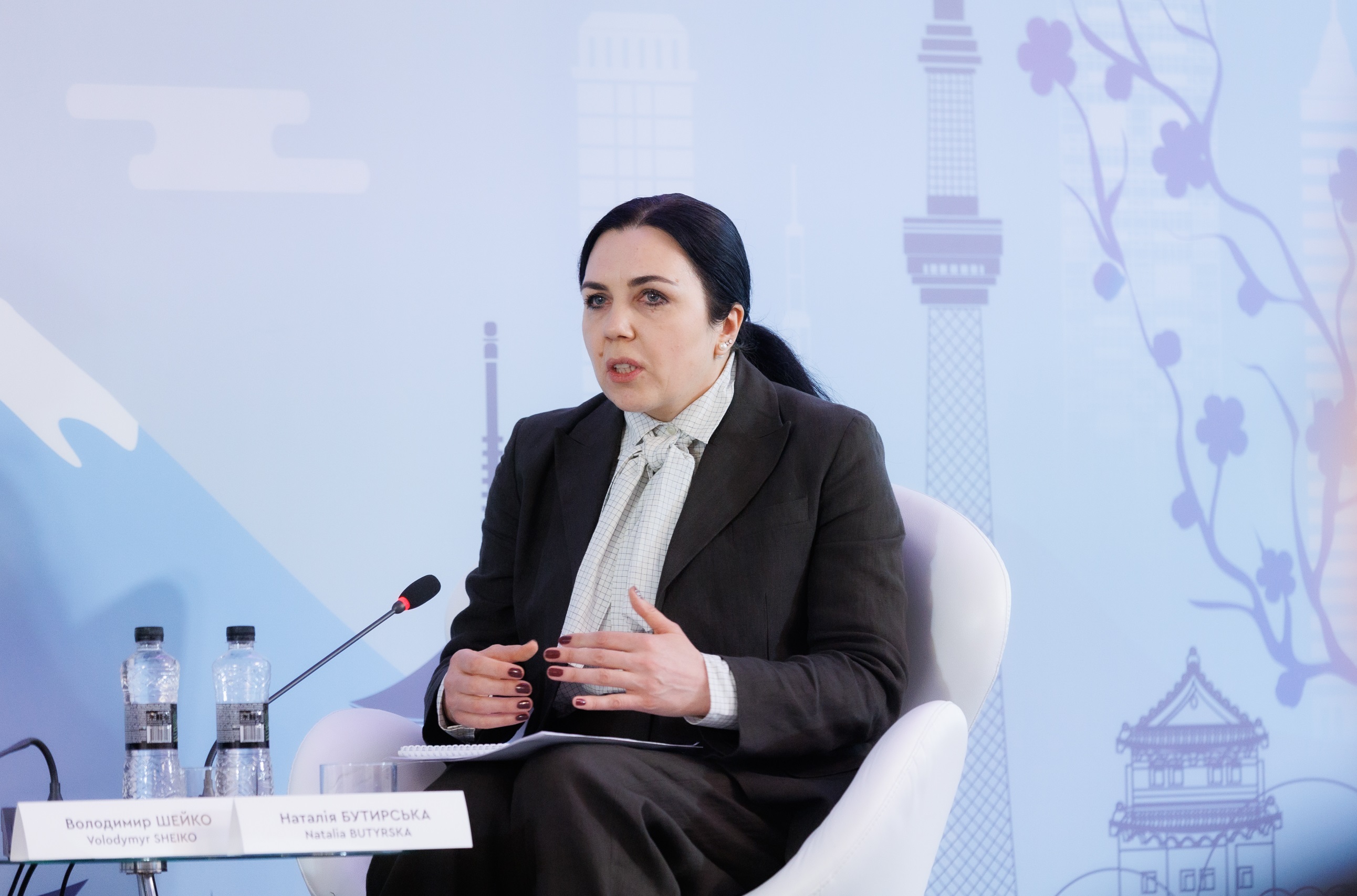
Natalia Butyrska, Expert on South-East Asia, Associated Senior Fellow, New Europe Center:
In the democratic world, many countries do not realize that the end of the Russian-Ukrainian war may result in the eradication of the Third World War, which has already begun, otherwise, it will lead to negative processes. A just peace, restoration of territorial integrity, security guarantees for Ukraine, defeat and responsibility of the Russian Federation – only this will return the world to sustainable rules.
For the first time in history, the Kim dictatorship is sending troops to another country. It cannot be ruled out that North Korean troops will not be involved in a wider conflict in Europe in the future, or may be involved in a wider conflict in Asia.
As for South Korea’s general involvement and support of Ukraine, in particular with weapons, there are warnings on the one hand, so as not to provoke a negative reaction from Russia, and on the other hand, that it would be a proxy war between the two Koreas on foreign territory, the use of South Korean weapons against its citizens. In any case, we do not see a clear position that, in response to the actions of Russia and North Korea, South Korea should take the side of Ukraine and act accordingly. There is no such courage or support today.
In South Korea and Asia, North Korea’s involvement in the Russian-Ukrainian war is not perceived as a threat that will have global consequences. The war, according to the rest of the world, is on the European continent; there is a desire for the conflict to end and for peace to come, and the consequences of the involvement of Russia, DPRK, Iran, and China will disappear by themselves.
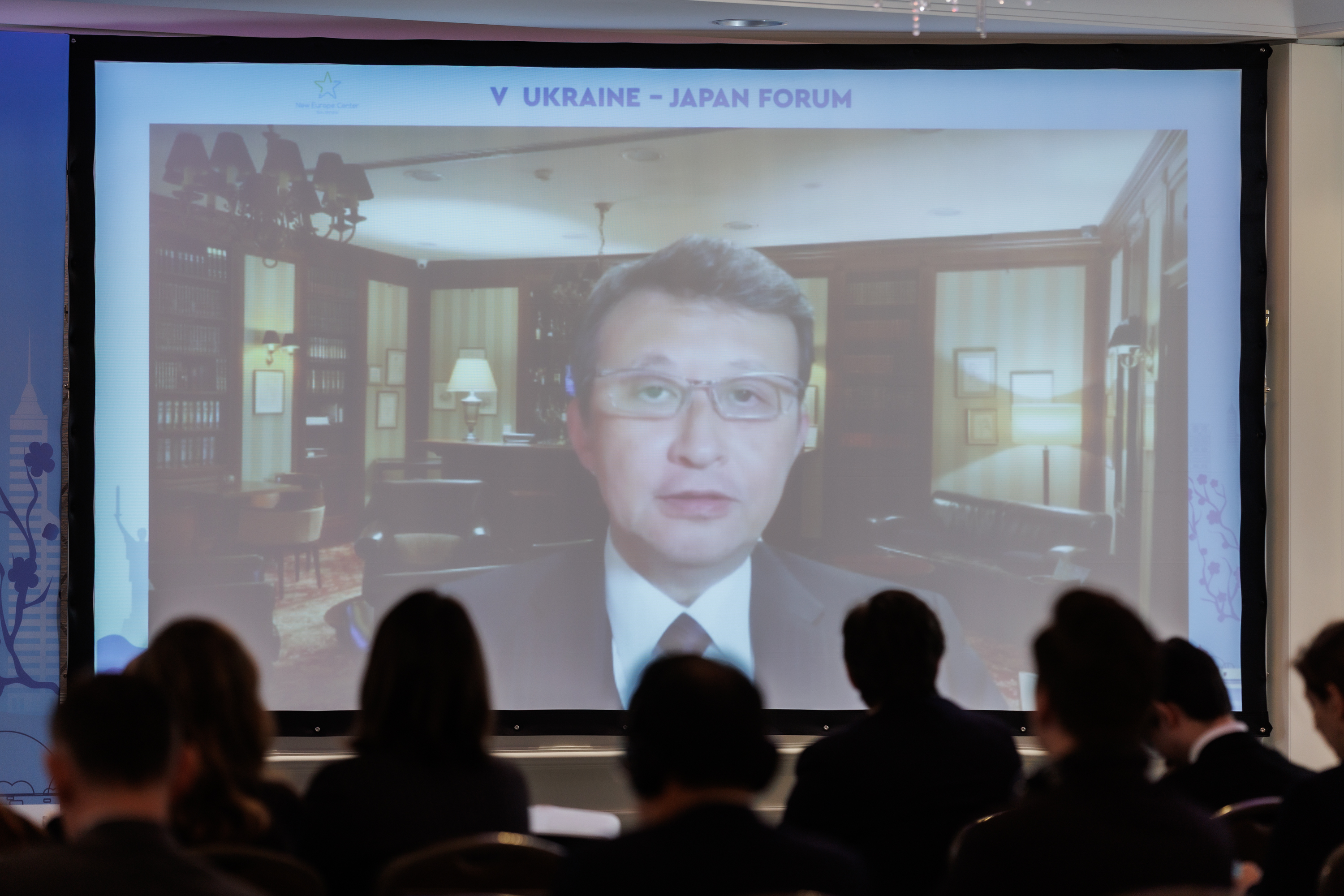
Bonji Ohara, Senior Research Fellow, Sasakawa Peace Foundation:
Our current concern is that President Trump, like Putin and President Xi Jinping, believe that the future world order should be decided among the major powers. This is evidenced by the behavior of President Trump, including his agreement with Putin to begin the negotiations to end the war without Ukraine. The United States, Russia, and China are trying to play the major power games. Japan, Ukraine, and other countries must avoid becoming mere pawns in the chess game played by the major powers.
The only way to increase our influence and not be ignored by the major powers and to make them consider our concerns is to cooperate with each other. Currently, Japan and other countries are concentrating their efforts to avoid U.S. sanctions imposed by Mr. Trump. But at the same time, our effort must be made to promote cooperation among countries. Multilateral cooperation must include developing countries.
The support of more countries is needed to shape international public opinion, which the major powers cannot ignore; however, neither Japan nor European countries have gained enough support from developing countries.
China is approaching the Southeast Asian countries, mainly diplomatically, since Southeast Asian countries are unhappy about the presidency of Mr. Trump, who supports the lack of interest in Southeast Asia. Japan, on the other hand, has already lost its advantage in terms of the amount of investment and technology and cannot use economic cooperation alone to win the support of Southeast Asian countries. However, it is possible to show the economic benefit from such cooperation soon.
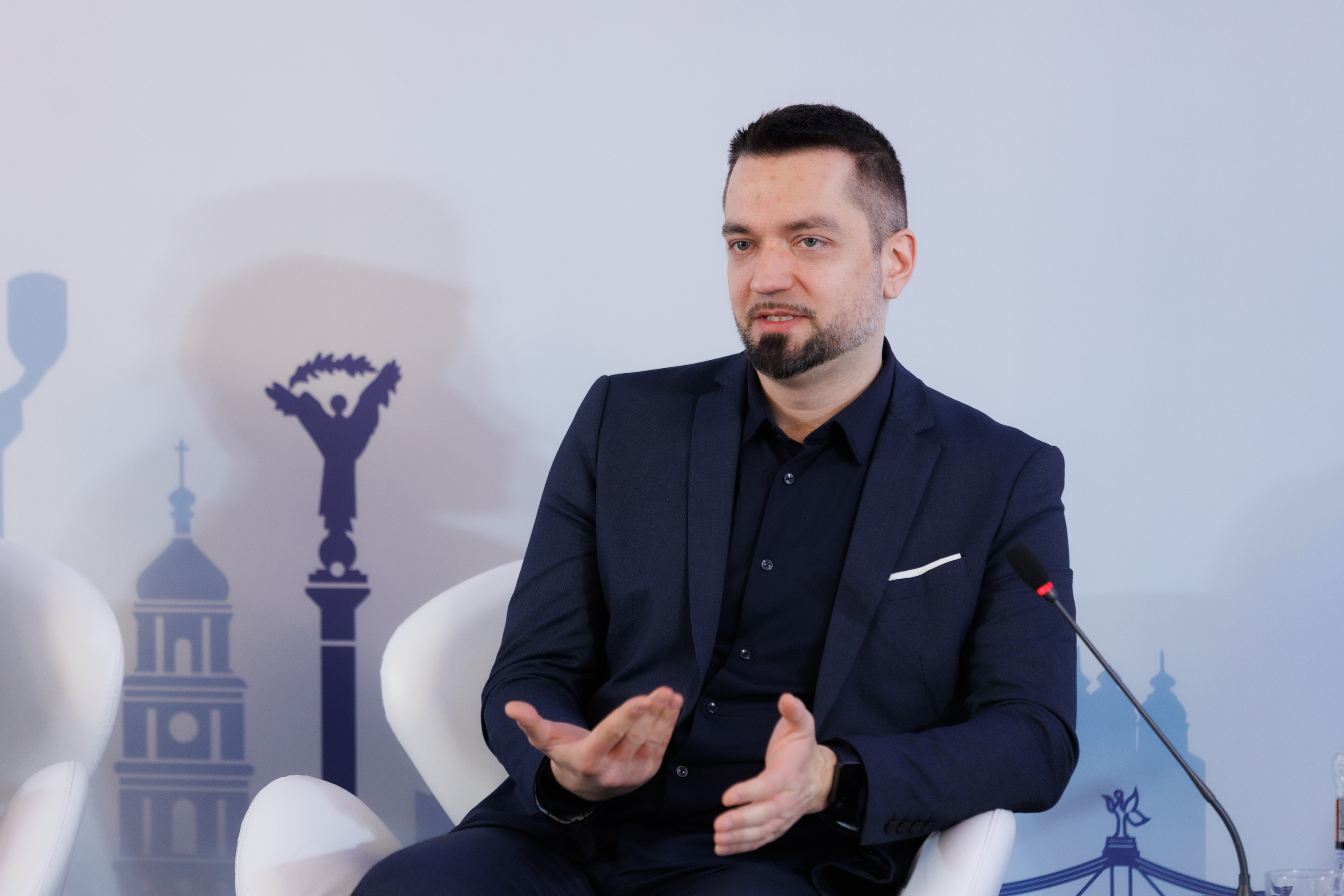
Volodymyr Sheiko, Director General, Ukrainian Institute:
Culture remains an important dimension of the Russian-Ukrainian war. We need to understand this and explain to our international partners that this war is waged not only on the battlefield but also against culture, language, identity, and subjectivity. Ukraine needs to constantly talk about the cultural dimension. In my opinion, this dialogue should be one of the most meaningful with Japan, because Japan is one of those countries for whose subjectivity culture is of utmost importance.
Ukraine can use some of Japan’s successful integration cases for cultural diplomacy: integration into major cultural events that take place in Asian, African, and Latin countries, which focus on both classical culture and modern mass popular culture; scholarship programs for students from Asia, Africa, and Latin America who can study or do internships at Japanese universities, thereby gaining direct contact with Japanese culture; large interdisciplinary festivals of Japanese culture in Brazil, India, and South Africa; interdisciplinary cultural exhibitions and festivals. Japan Expo is a good example of how to talk to the world on a wide range of topics, but always integrating culture.
Ukraine paid little attention, time, and effort to Asia, Africa, and Latin America and came to its senses only after the full-scale invasion. It began strengthening diplomatic and cultural tracks there. The Ukrainian Institute started working in some countries of these regions more than a year ago. It has already implemented many projects, but this is just the beginning.
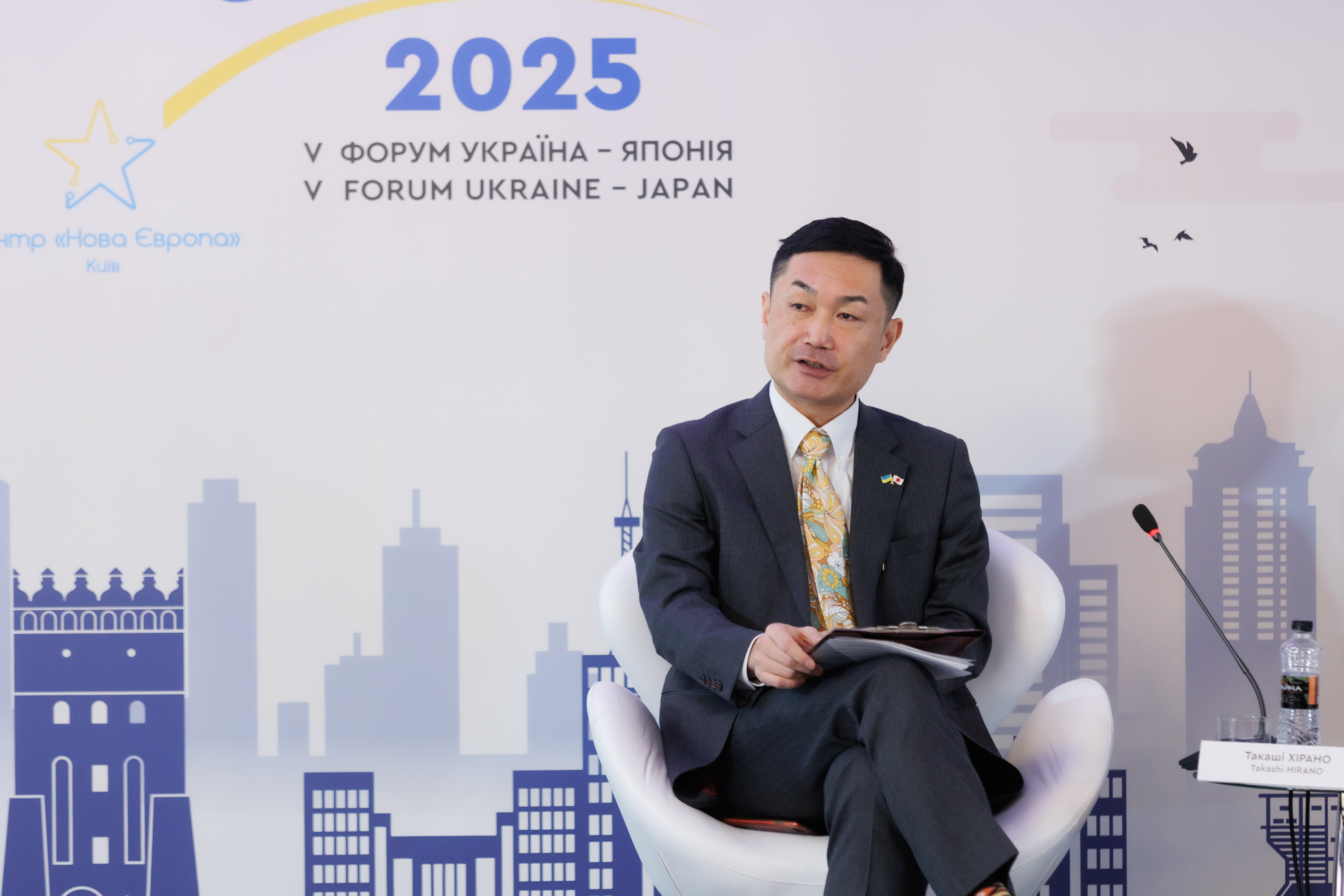
Moderator Takashi Hirano, Head of Japan section, Ukrinform agency:
Nowadays, it is not so easy to achieve unity in the Group of Seven and speak with one voice on the Russian-Ukrainian war. On February 24 this year, as in previous years, the G7 leaders were expected to issue a joint statement on the third anniversary of the full-scale invasion. It was supposed to contain a clear position on condemning Russian aggression and further support for Ukraine. However, such a statement has not yet appeared.
During the “Support Ukraine” Summit, Japanese Prime Minister Shigeru Ishiba expressed hope that the fighting would end through diplomatic efforts. At the same time, he emphasized that peace must be just and sustainable and must be achieved with the direct participation of Ukraine. Japan maintains its previous principled position on the war.
Prime Minister Ishiba stated, “We have no intention of taking sides” regarding the verbal spat between Zelenskyy and Trump in late February, emphasizing the importance of G7 unity. This is an indicative dilemma that Japan faces. On the one hand, it remains committed to preserving democratic values and a rules-based world order and supporting Ukraine. On the other hand, it is very closely monitoring the position of the United States, its indispensable ally in East Asia.
The Japanese government is trying to find an optimal or balanced position on the Russian-Ukrainian war, taking into account the Trump administration’s possible reaction to a particular event. At the same time, the largest opposition force in Japan, the Constitutional Democratic Party, is already criticizing such soft position of the government and calls for a clear and consistent support for Ukraine.
More on the V Ukraine-Japan Forum: https://cutt.ly/oryQswnW
Video recording is available in Ukrainian (https://cutt.ly/zrydEo2X) and English (https://cutt.ly/ArtOBrZC).



